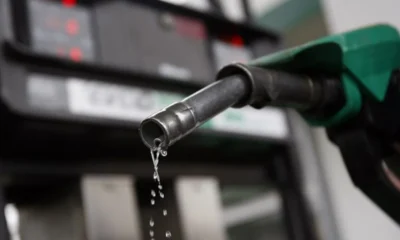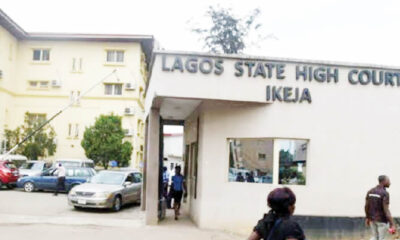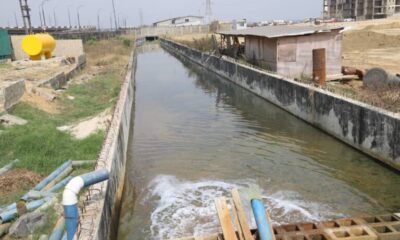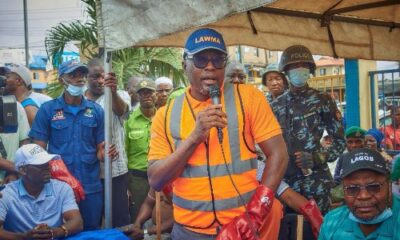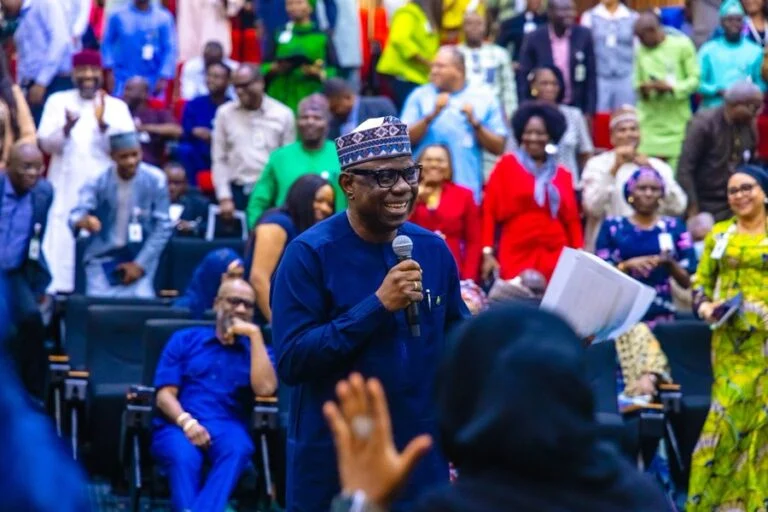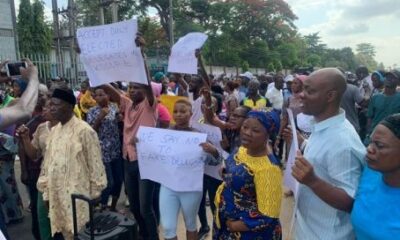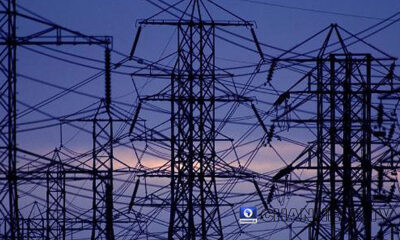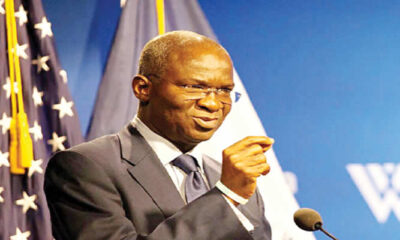The development happened about a week after the importation of millions of dirty PMS from Europe into Nigeria interrupted the country’s fuel supply infrastructure, causing long lines across the country.
The Nigerian National Petroleum Company Limited has ordered the recall of the tainted fuel, but oil marketers have been dealing with a variety of issues, including a lack of PMS supplies and consumer complaints that the defective product has harmed their vehicles.
However, finding the show on Sunday that black marketers who sell petrol in jerry-cans are now the easily accessible suppliers of PMS in Abuja and neighbouring states.
A significant percentage of filling stations in Nigeria’s capital city does not currently have petrol to dispense.
Oil marketers told our correspondent that a few other outlets that had products were still trying to return the adulterated petrol supplied to them since last week.
This, they said, had prevented the affected stations from taking in uncontaminated products, as they currently lacked space to store new consignments.
Heavy queues greeted the limited number of filling stations that dispensed petrol on Sunday. Motorists spent several hours under the scorchy sun waiting to be served petrol.
The NNPC filling station on Arab Road in Kubwa, Abuja had hundreds of motorists who formed long queues that blocked the road and caused severe traffic in the area.
The Nipco filling station on the Kubwa end of the Abuja-Zuba Expressway also had a large number of PMS seekers. In Zuba, Niger State, it was observed that several outlets were closed.
It was gathered that many filling stations in Nyanya, Mararaba in Nasarawa State were closed on Sunday.
This led to a worrisome level of scarcity in Abuja, Nasarawa and Niger, a situation that had kept dragging for weeks, even before the advent of the contaminated fuel imports.
The scarcity of petrol in filling stations created a business for black marketers, as they surfaced on major roads in Abuja displaying and selling their wares.
While some of them priced their petrol for as high as N6,000 for a 10-litre jerry-can, others sold theirs at N4,000 for 10 litres of PMS, translating to N400/litre.
The high cost of petrol by black marketers forced motorists to stay in lengthy queues, while those who could not wait in the queues had to part with the costly sum for petrol.
Providing an explanation as to why many filling stations were still not selling petrol, the National Public Relations Officer, Independent Petroleum Marketers Association of Nigeria, Chief Ukadike Chinedu, said some retailers who purchased the adulterated products were still struggling to return them.
He explained that the contaminated products were still occupying spaces in the underground tanks of the affected filling stations, adding that this had prevented the outlets from accessing new stocks.
“Where will you discharge your new stock when your underground tanks still have contaminated products that have not been returned? Many of those who bought the contaminated products are still struggling to have them returned to NNPC,” the marketer stated.
He added, “I told you that a marketer currently has about 100,000 litres still in his tanks underground and as we speak, it will take him close to N700,000 to evacuate it. And not just that, the product is occupying space.”
Ukadike had earlier called on the government to provide a clear directive on how marketers would return the contaminated products, as this would create space for new uncontaminated stock.
“We also want the government to come out with clear cut directives and procedures on how products that are contaminated should be returned,” the IPMAN official had stated.
He added, “Some marketers are still having the contaminated products in their stations and are not selling because of this. The products have not been returned yet due to a lack of clear cut directives on how they should be returned.
“Also, you need documents to enable you to move the tankers from your filling station back to the place where the product is to be returned because if the police get you without the necessary accompanying documents, they will say you are involved in bunkering.”










